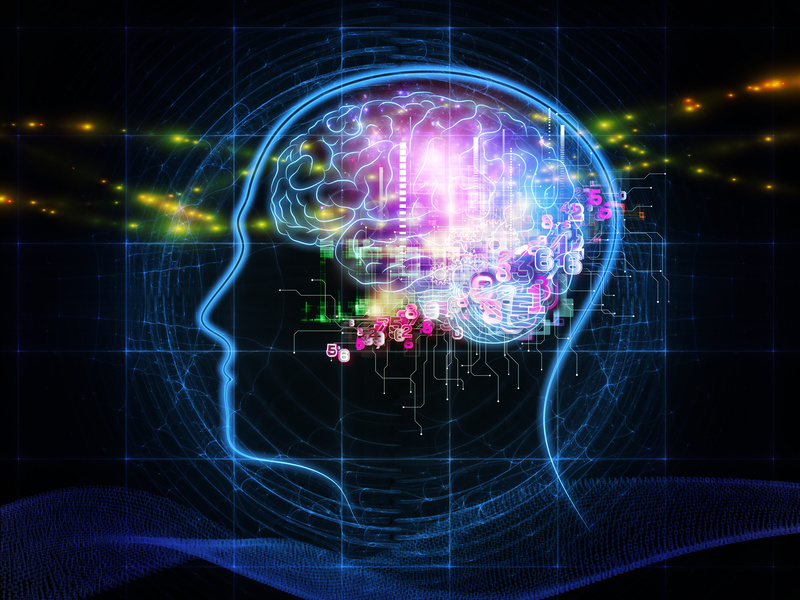I noticed that, while I was trying to understand the various parts of ego, its main way of showing up is through the judgment: criticizing the others, complaining about a situation or asking more to ourselves are still a matter of judgment.
Focusing on music, criticizing the other musicians means judging them based on their musical skills. Complaining about a certain musical situation means judging it wrong and dangerous for your own career or for the career of music professionals. Asking more to yourself as a musician means judging yourself inadequate and not good enough to expose yourself in public.
I asked myself then: “Is judgment totally negative?”. I always thought that judgment could be useful to better yourself.
I’m going to explain it better with some examples.
- If I judge wrong the fact that certain venues don’t treat artists like they deserve, I could decide not to play there and I could avoid a devaluating culture of music.
- If I see a not so good musician not being appreciated by the audience, I can understand what to avoid in order to better myself, by judging what’s wrong in what he is doing.
- If I am judgmental with myself, I can better myself and I can aspire to become a better musician.
I also noticed that by inverting the whole thing I could take the positive aspect of being judgmental. For example, I can positively judge those venues who give value to the musicians, I can learn from musicians better than me and even when I grow my self-esteem I notice that I play in a better way.
I started then to think that the negative part of judgment was simply about the waste of time. It seemed that it was not the judgment by itself creating problems, but the time you lose while you criticize, while you complain or all this stuff instead of doing things.
For a musician this means, simply: talk less, play more. It was there, simple and straight… how could I never notice it before?!
Anyway I couldn’t say that I didn’t dedicated a lot of time to better myself, also I saw a lot of friends and colleagues who, using positively their judgment, were not always getting where they wanted to.
Where was the real negative part of judgment then?
Well, have you ever thought about something else while practicing? Have you ever had your head full of thoughts while you are playing in a show and, because of that, you made some little mistake, just because you were not 100% focused on what you were doing? Or maybe you were very anxious before going on stage, because you were frightened of make mistakes during the show and being judged by the audience. Again maybe you are doing a lot to better the musical situation and you are not seeing any result. In general, have you ever been on holiday or trying to relaxing around, but you couldn’t live the moment at full because your head was full of thoughts?
Ok, all those things happened to me. Thanks to these occasions, I noticed that the negative part of the judgment is in that sort of inner dialogue taking place in our head. Constantly distracting us from what we are doing: being used to judging, positively or negatively, is so deeply into us that it starts a stream of thoughts on what is right or wrong for us. It’s not depending on the nature of our thoughts, we are continuously making judgments. The problem is that we are never able to stop those thoughts, making us living badly. In these conditions it’s very hard to take some effective actions to better our life and, in case of musicians, our musical career. Based on this I then discovered that almost every spiritual path gives to the ego a constant mental activity, bringing men to suffering. It’s almost like the ego works in us like a sort of voice “speaking” to our head, stopping us to being in complete contact with reality. Going past the ego could be a way to “turn off” that voice.
This sounded incredible and fascinating to me!
At first it seemed impossible to me. Turning off your “thinking”. Also because, at some point, while reasoning on this theory, I got into a “mental loop”: if I was thinking about stop thinking, it was like my thought was trying to stop itself, or was it like I was trying to turn off myself? I was not able to understand where was I and where were my thoughts. Before completely losing my mind with this paradox, I asked myself: “Where do thoughts and judgments come from? Why do they exist? Can we live without them?”
The fun part is that I was “thinking” about all these things while I was studying some songs on the drums! I realized that probably it was the case to understand better what this is all about, before I started thinking more than I was playing. What do you “think”?
Don’t “think” while playing, otherwise you could end up wanting to start an inner growing path ;)
…the research continues…

